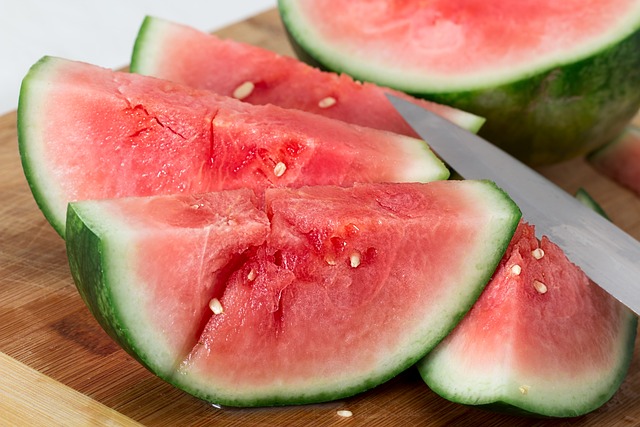Probiotics are live microorganisms that are beneficial for our health, and they are found in both supplements and certain foods. While both probiotic supplements and probiotic foods offer potential health benefits, there has been ongoing debate about which one is better. In this blog, we’ll explore the differences between probiotic supplements and probiotic foods, the potential benefits and drawbacks of each, and how to choose the right option for your health goals.
Probiotic Supplements
Probiotic supplements are concentrated sources of live microorganisms that are designed to deliver a specific number of colony-forming units (CFUs) to the gut. They are available in many forms, including capsules, tablets, powders, and liquids.
One of the main advantages of probiotic supplements is that they provide a consistent and standardized dose of probiotics. This can be particularly beneficial for people who need a high dose of probiotics, such as those with digestive issues or immune dysfunction.
However, it’s important to note that not all probiotic supplements are created equal. Some supplements may not contain the strains or doses of probiotics that have been shown to be effective, and they may also contain fillers or other additives that can interfere with their effectiveness.
Probiotic Foods
Probiotic foods are natural sources of live microorganisms that are found in fermented foods, such as yogurt, kefir, sauerkraut, kimchi, and kombucha. These foods contain a variety of probiotic strains and can provide a range of health benefits.
One of the main advantages of probiotic foods is that they are a natural and whole-food source of probiotics. They are also typically less expensive than probiotic supplements and can be easily incorporated into the diet.
However, it can be difficult to determine the exact number of CFUs in probiotic foods, as this can vary depending on factors such as the fermentation process and storage conditions. In addition, some people may not enjoy the taste or texture of certain probiotic foods, which can make it difficult to incorporate them into their diet.
Choosing the Right Option for You
When choosing between probiotic supplements and probiotic foods, it’s important to consider your individual health goals and needs.
If you need a high dose of probiotics, such as for digestive issues or immune dysfunction, a supplement may be the best option. Look for a supplement that contains strains that have been shown to be effective, such as Lactobacillus acidophilus, Bifidobacterium bifidum, and Lactobacillus rhamnosus GG. It’s also important to choose a supplement that contains a high number of CFUs and to follow the recommended dosing instructions.
If you prefer a natural and whole-food source of probiotics, probiotic foods may be the best option. Incorporate a variety of fermented foods into your diet, such as yogurt, kefir, sauerkraut, kimchi, and kombucha. Be sure to choose foods that are high in probiotics and are free from added sugars or other additives.
It’s also important to note that probiotics are just one part of a healthy diet and lifestyle. Be sure to also eat a balanced diet that is rich in fruits, vegetables, whole grains, and lean protein, engage in regular exercise, manage stress, and get enough sleep.
Conclusion
Both probiotic supplements and probiotic foods offer potential health benefits, and the right option for you will depend on your individual health goals and needs. Consider incorporating a variety of probiotic foods into your diet, such as yogurt, kefir, sauerkraut, kimchi, and kombucha, and choose a high-quality probiotic supplement if needed. By incorporating probiotics into your routine, you can support your gut health and overall well-being.






